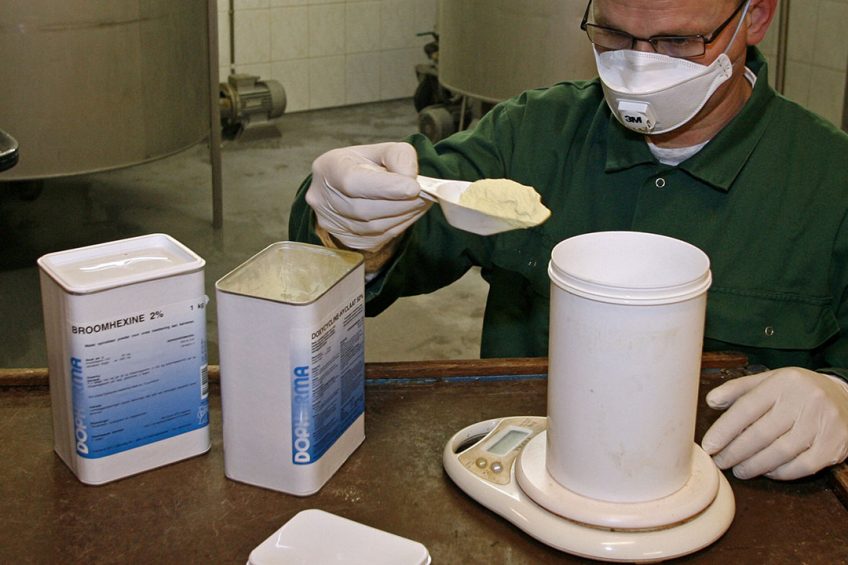Reducing antimicrobial use in poultry farming

According to a new European Commission report, the use of antimicrobials can be reduced in the European poultry industry with enhanced education and knowledge transfer of best available practices.
The report says that good and best practices in key areas such as biosecurity, day-old chick management, vaccination, and diagnostics are well-developed in some countries and companies, but in many cases the main challenge is how to transfer this knowledge to the final user – farmers and farm staff. Furthermore, the report argues that the best way to improve results seems to be based on more collaboration between stakeholders and along the value chain, more incentives, and an improvement in technical tools and information available. The poultry sector has led the way in reducing antimicrobials among farm animals and this in itself poses a challenge because there is no path to follow and the sector will need to create it from scratch.
20 experts address the issue of antibiotic reduction
The EIP-AGRI Focus Group report brought together 20 experts from across Europe to address the issue of reducing the use of antimicrobial treatments in poultry to fight the spread of antimicrobial resistance. The experts considered biosecurity a very important good practice to reduce antimicrobial use, saying the issue is often well-developed but needs to be made available and transferred to all final users. In terms of future research, they said on-farm diagnostics, better vaccines, precision livestock farming, and microbiome management were probably the main areas of research needed. However, they recognised some of the technology is not yet available at field level or is simply too expensive.
Biosecurity: An Inconvenient Necessity
Measures taken to protect staff health because of Covid-19 should continue after the current pandemic ends.
Social aspects of antimicrobial use
Further research into the social aspects of antimicrobial use is also needed, and it is vital for this research to become a central part of the action plans to reduce antimicrobial use. In many cases, the report says, habits and costs make progress difficult. Legal action can drive the process to a certain extent, but it can reach a plateau when it comes to antibiotic reduction. In that case, social responsibility by all stakeholders is needed. The experts agreed that change should be led by the poultry industry, with standards beyond minimum legal requirements, to demonstrate that poultry is at the top when it comes to quality, safety, and sustainability.
The report, which includes recommendations for operation groups to bear into mind as they move forward, can be found here.













